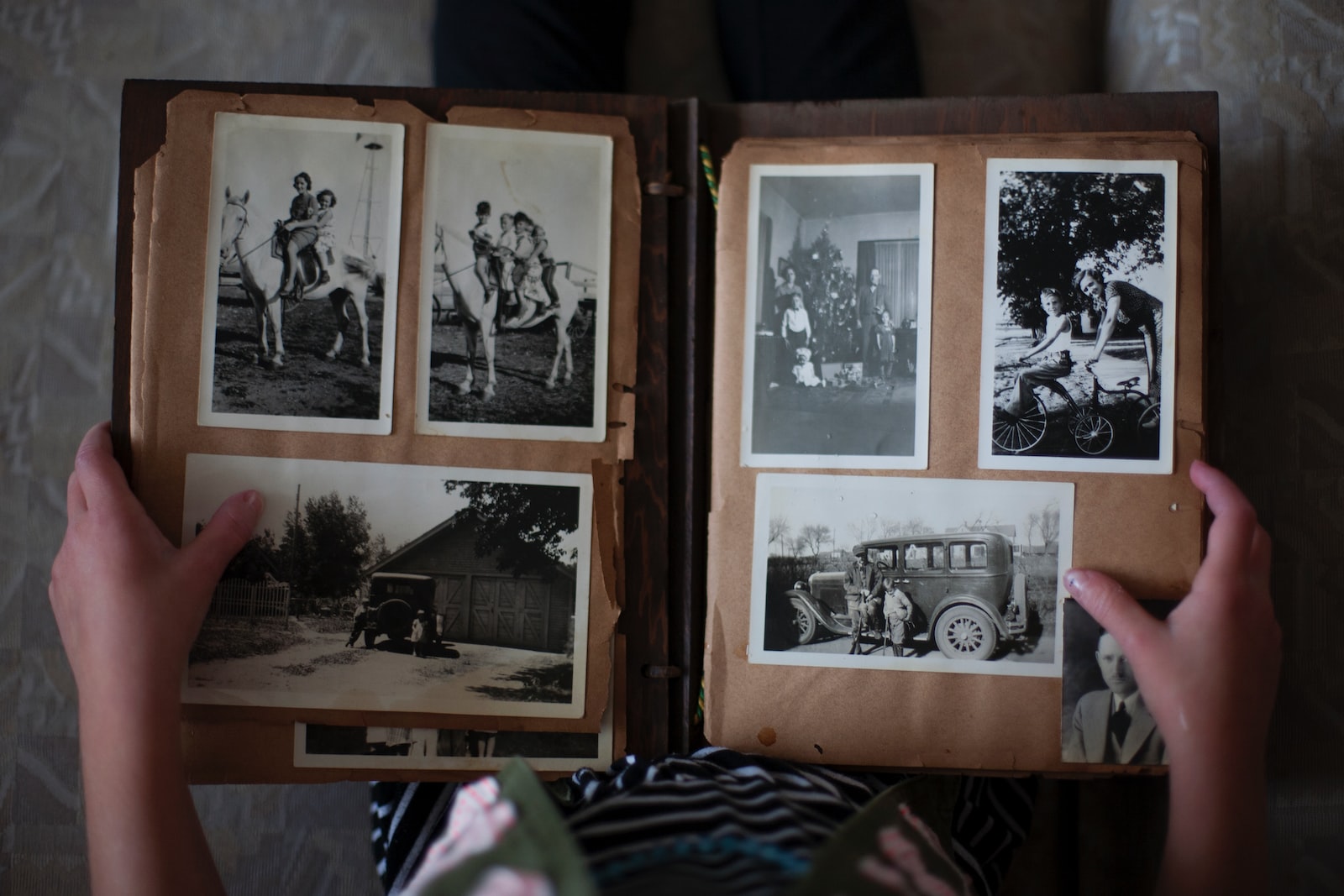In the case of your memoir, only you can know for sure what’s apt and what’s not.
Memoirist Mary Karr, celebrated for her gritty memoir, The Liars’ Club, quoted Jerry Stahl’s comment from his memoir, Permanent Midnight: “If you had to live it, you get to write it.”
Yes, you do. But … what about those people in your life, still living, who might take offense at what you write?
How do you handle them?
 The usual formula for writing about people in a memoir tends to coalesce around three commandments or, better said, suggestions:
The usual formula for writing about people in a memoir tends to coalesce around three commandments or, better said, suggestions:
- Avoid revenge writing. It can only end up as a long list of grievances, a paean to the hurts in your life. But you CAN write about other aspects of that pain and suffering. Like how you got over your anger about it all, if you did indeed get over it. Or perhaps you’ll describe the tools you used and the actions you took to surmount the shadows of the past.
- Let the people you’re writing about read the final draft. If there’s anything they object to, you’d better be sure you either soften it or remove it or just say, “That’s the way it was for me.” I faced this issue when writing Stoves & Suitcases: Searching for Home in the World’s Kitchens. In fact, I didn’t even let the person in question know that I’d written the book for six months. The fireworks I expected never materialized, so I’d worried for nothing. Of course, if the people are no longer alive, your task as a memoirist becomes much simpler, provided no one still living takes umbrage over what you’ve written. On the other hand, you can forego sharing your writing at all.
- Try to avoid pasting labels. When writing about the many characters―good, bad, so-so―in your life, show instead who they were, or are, by describing their actions, their words, their surroundings. Dialogue helps here, provided it’s not entirely made up, but rather approximates what transpired in the past. You might want to try a character analysis, as you would do for a fictional character.
With the truth comes the very real possibility of cold shoulders from family members and old friends and exes, nightmares from repressed memories, and things better left unsaid. However, for any memoir to be real, honesty and truthfulness matter a great deal. Without those elements, a memoir becomes glorified navel-gazing, self-indulgent and dull.
It’s your choice what to reveal and what to keep locked up in that secret place deeply embedded in your hippocampus, the brain’s little black book. The important thing to remember is that it’s your story, your truth.
 Partly in jest, author Anne Lamott once said, “You own everything that happened to you. Tell your stories. If people wanted you to write warmly about them, they should have behaved better.”
Partly in jest, author Anne Lamott once said, “You own everything that happened to you. Tell your stories. If people wanted you to write warmly about them, they should have behaved better.”
Only you can know for sure what’s apt in your memoir and what’s not.
Some thought-provoking reading:
“How to Write about the People in Your Life,” by Nicole Chung
“How to and (Especially) How Not to Write About Family,” by Sharon Harrigan
Body Work: The Radical Power of Personal Narrative, by Melissa Febos
Handling the Truth: On the Writing of Memoir, by Beth Kephart (especially the chapter “Careful Now,” p. 25)
“What Would Mother Think?”, by Judy Mandel
[Editor’s note: WAG would love to see articles on any and all topics of interest to writers. Please send your ideas or finished pieces to Cynthia D. Bertelsen at BlogEditor@writersalliance.org for consideration. Remember: these posts are more than just posts, for they are actual articles and can be cited in your CV/résumé in the same way you would a short story, essay, or any other writing credit you may possess.]


Mary Bast
Terrific post. I laughed out loud at Anne Lamott’s comment, “If people wanted you to write warmly about them, they should have behaved better.” Many, if not most, of my poems are memoir poems, and it’s a great way to resolve and release any troubling issues. A few months ago, I asked myself why I married my second ex-husband, who was so different from me and who I could have predicted would eventually cheat on me, as he did. The resulting 30-line poem reminded me how much fun and adventure he brought into my life. On balance, a worthwhile decade!